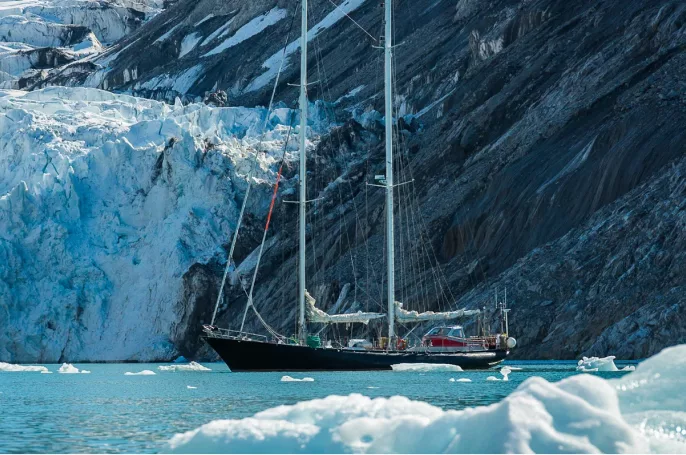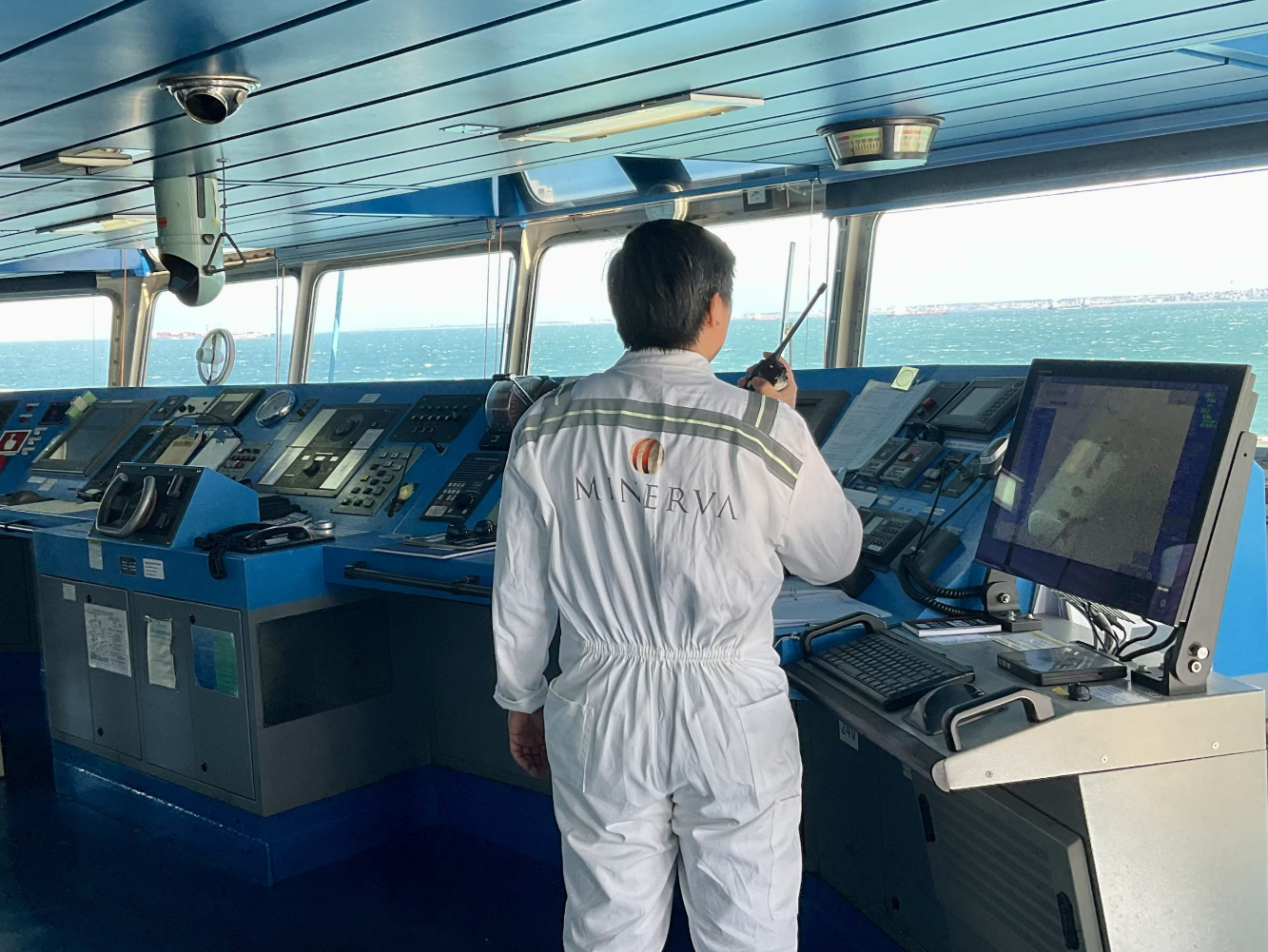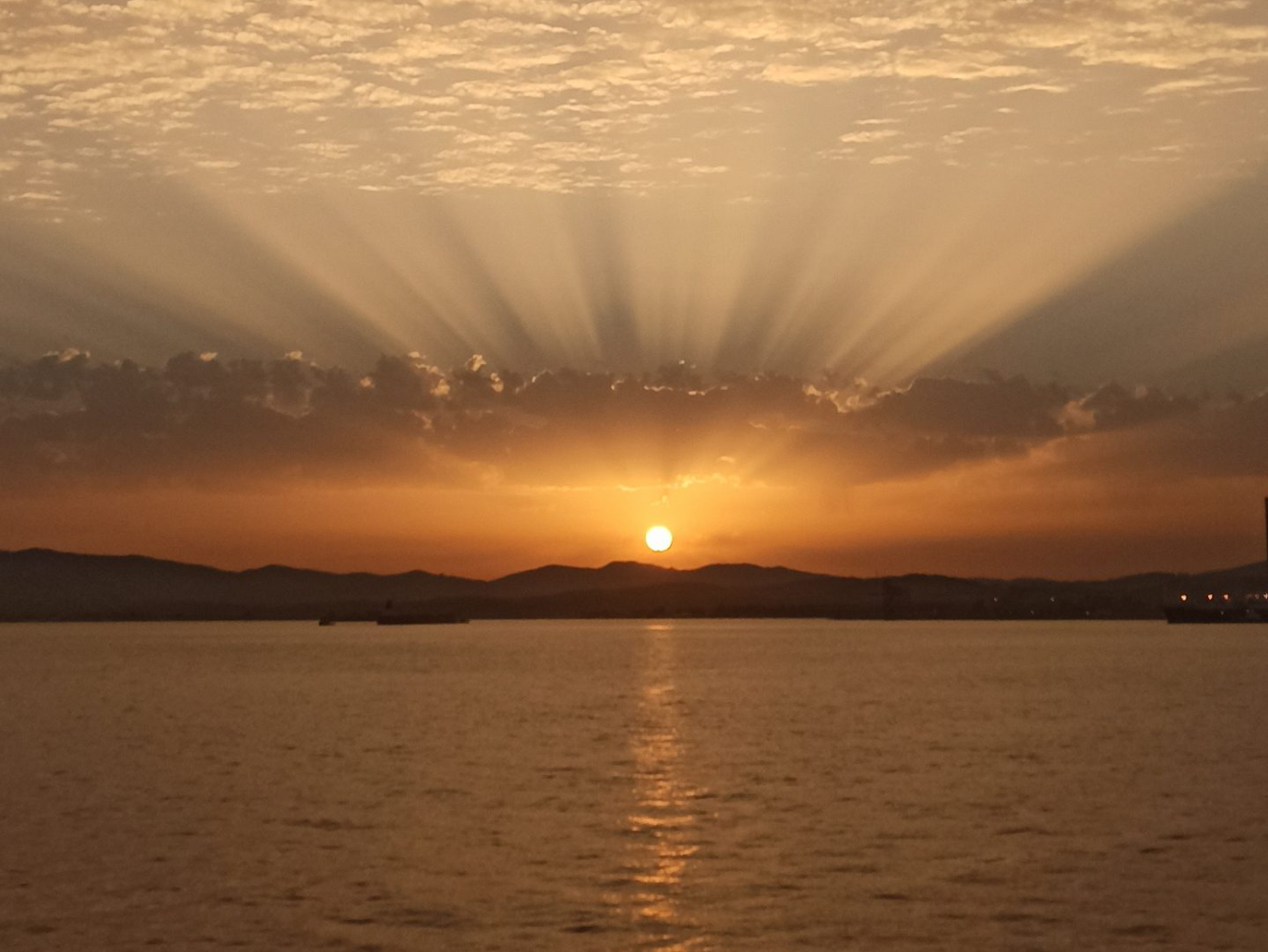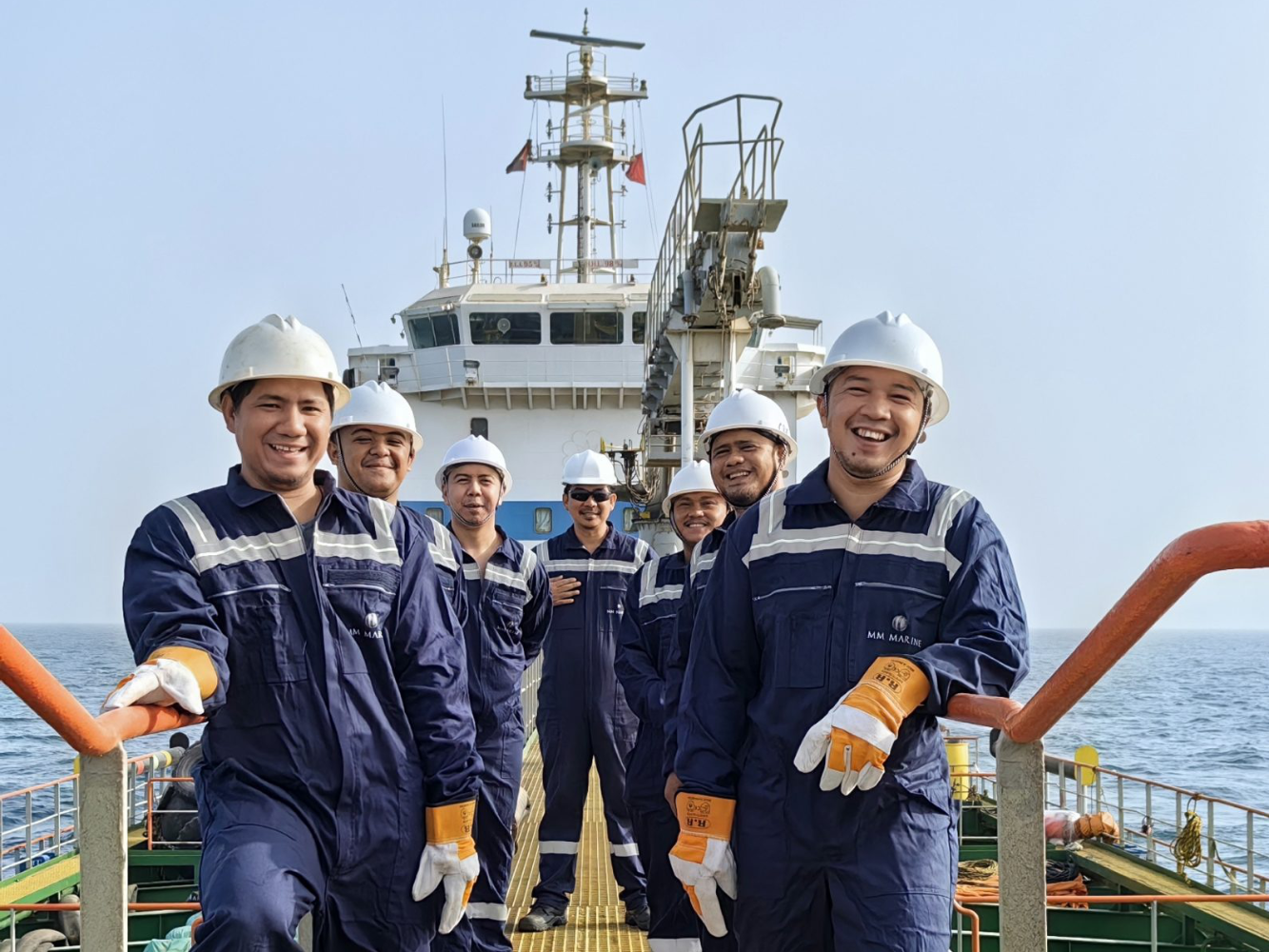Planet
Researching the polar oceans
It’s important to gain a better understanding of the impact of climate change on the polar regions. Acting like an early warning system, they are crucial to regulating the planet’s climate.
They are especially sensitive to increasing temperatures that cause ice to melt, contributing to rising sea levels, disrupting ocean currents, and threatening the species that live in these ecosystems.
That is why in June 2024, two incredible ocean and polar science expeditions set sail and we were proud sponsors of both of them.

The two voyages aim to study the changes happening in the Arctic to gain valuable insights into the current situation and what might happen if we don’t take action. Research will be carried out in areas such as:
- The melting of sea ice, glaciers, and ice caps raises sea levels and destroys habitats for many species. Thawing permafrost releases greenhouse gases, worsening climate change. This warming also leads to more extreme weather events like intense hurricanes, heatwaves, and heavy rainfall, affecting both ecosystems and human communities
- Environmental pollution, including microplastics, heavy metals, persistent organic pollutants, and gases, has spread to even the remote polar regions. These pollutants pose serious health risks to humans and animals, causing hormonal and neurological problems. They also disrupt the food chain, leading to higher toxin levels in top predators and harming ecosystem integrity and biodiversity.
- Threats to biodiversity are causing the decline of species adapted to extreme conditions. Climate change, pollution, and human activities upset the balance of these environments. Polar bears and seals, which need sea ice, are losing their habitats and food sources. Invasive species also threaten native wildlife by competing for resources. This decline disrupts food webs, weakens ecosystems, and affects the planet’s health and climate regulation.
- Local environmental changes are deeply affecting the lives of Indigenous peoples in polar regions. Climate change is melting sea ice, thawing permafrost, and changing weather patterns, disrupting the habitats of key species like seals, fish, and caribou. This makes traditional hunting and gathering difficult, and thinning ice and unpredictable weather make travel dangerous. These changes cause food insecurity, cultural loss, and economic challenges, forcing Indigenous communities to adapt with limited resources.
These expeditions are pushing the boundaries of oceanographic science and polar research, and we’re privileged to be able to support their ground-breaking efforts.
Ocean Science Expedition
A Journey Through The Arctic Tipping Points
This ground-breaking arctic expedition followed in the footsteps of Roald Amundsen, traversing the Northwest Passage through the Arctic Ocean. A feat that fewer than 40 sailing yachts have achieved. Travelling through 6 of the Global Tipping Points the team collected crucial data on the impact of climate change on this vulnerable region.
Departing from Bergen, Norway, the crew sailed the 75-foot steel-hulled Bermuda Schooner called the Abel Tasman. With an impressive history of traversing some of the worlds most remote places – including Antarctica, Greenland, Norway – the Abel Tasman has been specifically designed for exploration and research missions.


In addition to the scientists onboard that carried out vital research, the team comprised award-winning filmmakers and sound designers who captured every detail of the journey, paragliders and divers that could get a closer look at the environment from above and below the surface, and storytellers that shared the expedition’s discoveries and helped to raise awareness of the challenges facing the Arctic.
Visit oceanscienceexpedition.com to learn more about this incredible journey and the vital scientific discoveries they’ve made.
Forel Research Platform
A Platform Dedicated To Polar Science
The Forel is a unique 28-metre motorized sailboat science platform devoted to coastal oceanographic research in the polar and sub-polar regions. Being a smaller size than traditional research platforms means that Forel can access areas close to the coast, inaccessible to larger research vessels.
Forel departed from Lorient, France to embark on its first expedition to Greenland to better understand how climate change affects the fjord ecosystems of southwest Greenland. Two scientific programs were carried out. One was Swiss, supported by the Swiss Polar Institute, to study oceanic variables, including eDNA sampling. The other was Canadian, led by Philippe Archambault of Laval University, to research the impact of melting of glaciers on seabed biodiversity.


With its onboard laboratories and experienced crew and scientists, it will study first hand the significant threat of climate change on this crucial region and the insights gained will also help to advocate for these fragile ecosystems.
Training the next generation is also a key objective of the Forel Heritage Association, so the Forel platform also focuses on preparing young sailors and scientists in the challenges of the polar and sub-polar regions.
See their progress and delve deeper into their research on their website – forel-heritage.org.
Follow them on:
- Instagram (@forel_heritage)
- X (@forel_heritage)
Continue reading
Energy mix →
Reporting areas
Governance
Planet
People
Prosperity




